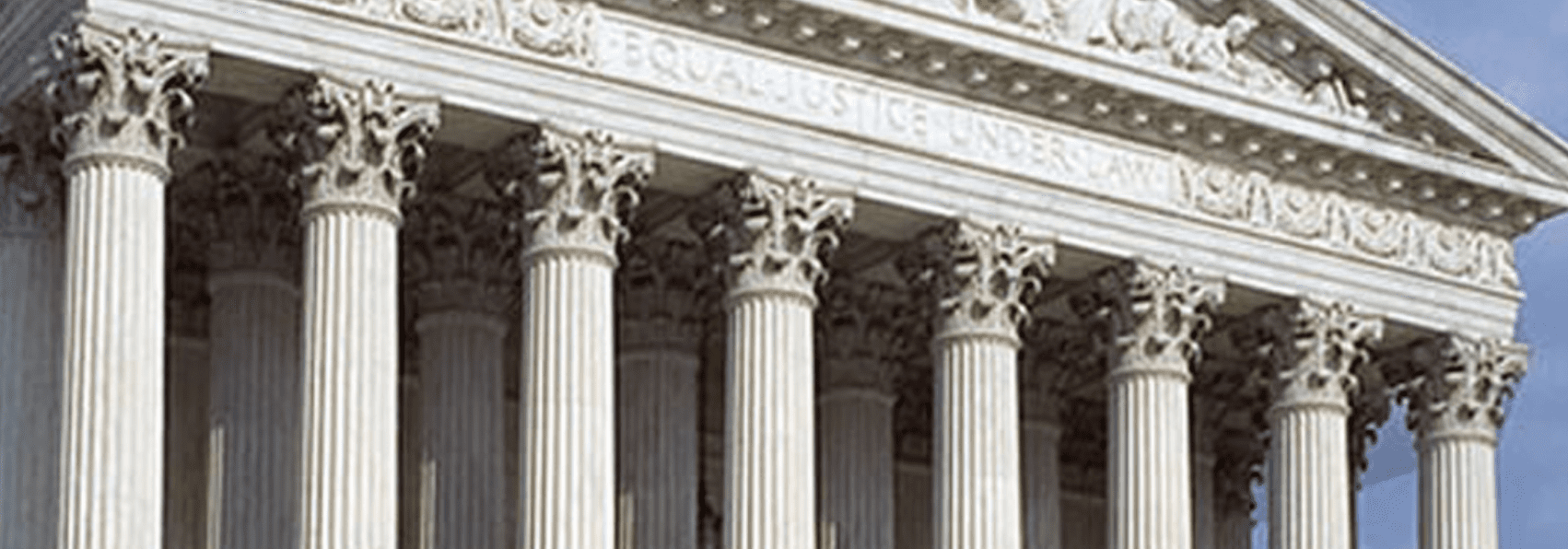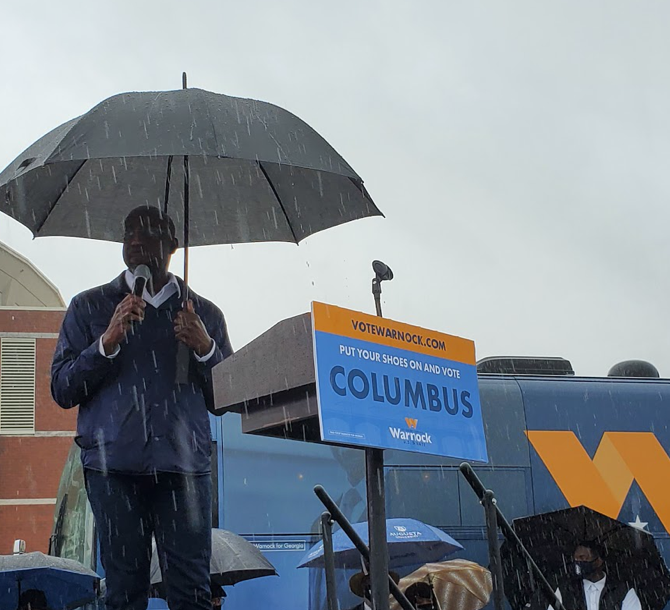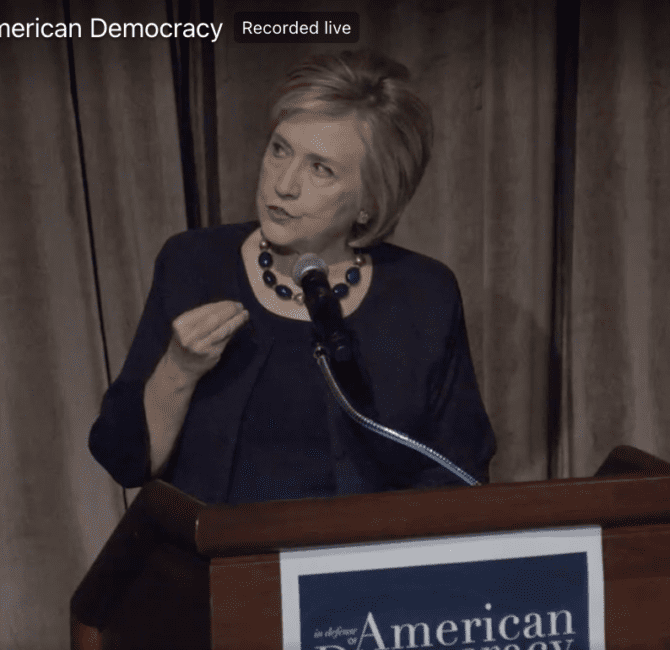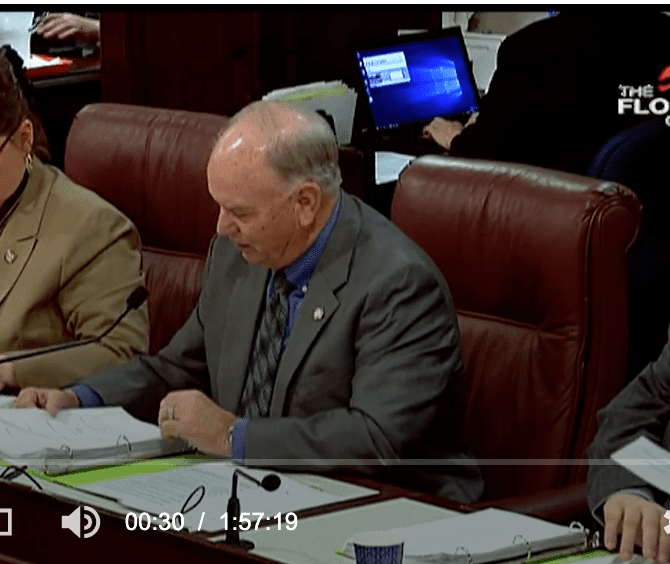U.S. Supreme Court Lets Pennsylvania High Court Ruling on Voting Stand

(Photo / www.supremecourt.gov)
The U.S. Supreme Court has rejected an appeal by Pennsylvania Republicans that challenged a Pennsylvania Supreme Court ruling that cited the state’s pro-voter constitution to make voting with absentee ballots easier in the 2020 election.
The 4-4 ruling, with no explanation, will give Pennsylvania election officials three additional days to accept absentee ballots that have been postmarked by Election Day, November 3, and also allows the use of drop boxes to collect the ballots. The ruling came on the same day that the state’s Republican legislators said they would not continue negotiating with a Democratic governor over 2020’s voting rules.
While the ruling will likely be called a victory for Democrats, the long-expected decision came against a backdrop where federal appeals courts—dominated by judges appointed by President Trump—have recently been blocking many lower court rulings that sought to make voting easier in a pandemic, especially surrounding various aspects of submitting absentee ballots.
But some of the nation’s top constitutional scholars who support more inclusive voting rights were worrying aloud that the length of time that it was taking the court to rule—issuing a decision 15 days ahead of Election Day—signaled that the high court might use the appeal to restructure which branches of government had the authority to regulate elections with federal candidates, as Pennsylvania Republicans sought.
At the heart of the Pennsylvania case was the worrying prospect that voting rights protections in state constitutions—or any action not taken by a state legislature, as authorized in the U.S. Constitution—would be illegal. This scenario was described in a detailed October 19 analysis on ElectionLawBlog.org by Richard Pildes, New York University constitutional law professor, assessing the Pennsylvania appeal.
“The ramifications of the [U.S. Supreme] Court doing so would go well beyond Pennsylvania and well beyond this election as well,” Pildes wrote.
Seen narrowly, the appeal involved a challenge by the GOP-majority state legislature of a Pennsylvania Supreme Court’s ruling that cited the state constitution’s protection of voters’ rights to permit pro-voter remedies in response to the pandemic—actions that the legislature would not pass into law.
If the U.S. Supreme Court overruled the Pennsylvania Supreme Court, that would have the immediate effect of adding Pennsylvania to the list of 2020 swing states where lower federal and state courts extended ballot return deadlines, only to have those revoked by higher federal appeals courts. That ruling could have meant that untold thousands of ballots arriving after November 3 would be disqualified.
But how the Supreme Court would justify that possible ruling could be of greater consequence.
Pildes and other scholars responding to his analysis noted that the Supreme Court would have to draw lines on where a state constitution would—or would not—come into play surrounding state-passed laws that govern a federal election. If only a state legislature, regardless of its partisan complexion, has the authority under the U.S. Constitution to pass election laws that pertain to federal elections, then established checks and balances would be dramatically changed. A state supreme court could be limited from citing its state constitution when evaluating election laws; a governor’s veto and executive orders could become irrelevant; and rules passed by state election regulators could also be imperiled, they noted, gaming the draconian scenarios.
“This, of course, would be a profound change,” wrote Pildes.
Another constitutional scholar, Joshua Douglas of University of Kentucky College of Law, said the “very meaning” of the right to vote could be implicated. Douglas cited a paper that he wrote that noted that 49 state constitutions have an affirmative right to vote clause (all except Arizona), or talked about “free,” “free and equal” and “free and open” elections. These state constitutional provisions have been cited by state high courts to overturn voter ID laws, felon disenfranchisement, partisan gerrymandering, as well as to allow states to institute ranked-choice voting and other changes in voting procedures in response to the pandemic.
While constitutional scholars often ponder the theoretical ways that the Supreme Court could rule in high-stakes cases, these scenarios raised regarding the court’s pending ruling in the Pennsylvania appeal are nonetheless striking.
The most severe scenarios may reflect what has become known as an ‘originalist’ view of the U.S. Constitution, which reject more modern interpretations of the law, but they are coming against a backdrop where Trump-appointed appellate court judges are rejecting pro-voter rulings issued by federal district courts and state courts.
Another possibility, raised by conservative legal scholars, was that the U.S. Supreme Court might clarify a state legislature’s authority to appoint presidential electors to the Electoral College. Election scholars have worried that legislatures in red supermajority states could ignore the popular vote and appoint pro-Trump electors.
“Should the [Supreme] Court hold the Pennsylvania court violated the U.S. Constitution, that decision would be a blockbuster one, whose implications the federal courts would spend years sorting out,” Pildes said.
For now, the Supreme Court did not go as far as the progressive constitutional scholars feared. On the other hand, the originalist arguments by Republicans are not likely to go away, not with the pending appointment of a new justice who has expressed great fealty to that legal philosophy. The GOP and Trump campaign is certainly not done litigating the 2020 election.
(Editor’s note: This report has been updated to reflect the Supreme Court’s decision.)






